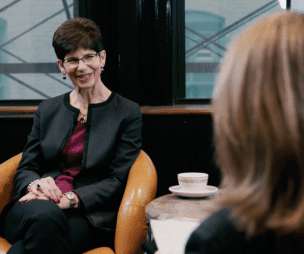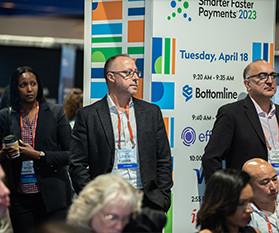Fidor: How Cloud-Based Banking Helps With Compliance
PYMNTS
SEPTEMBER 22, 2020
Consumers pivoting to online banking are also more concerned over the privacy and security of their data, especially as fraud volumes creep up —and financial regulators are taking notice. Banks are continuing their ongoing movement to the cloud even as data and security questions continue to grow. Around The Cloud Banking World.














Let's personalize your content